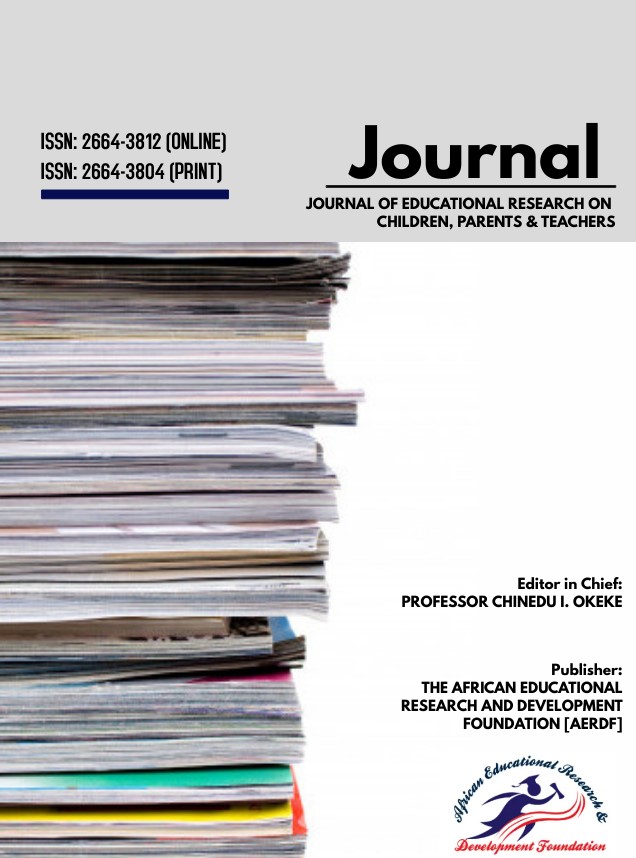ENHANCING SCIENCE PROCESS SKILLS AND ATTITUDES THROUGH STEMFOCUSED TEACHING IN BASIC SCIENCE CLASSROOM
Authors:
Science Education, Department Enugu State University of Science and Technology
Contact: abigailujo@gmail.com
chikaodinaka.obodo@esut.edu.ng
Abstract
This study investigated the effectiveness of STEM-focused teaching in enhancing science process skills and attitudes among Upper Basic Education students in Basic Science. Using a quasi-experimental pretest–posttest control group design, 100 students were assigned to STEM-integrated instruction or traditional methods over one term. The intervention embedded engineering design cycles, data-logging, and collaborative problem solving aligned with the NERDC curriculum. Outcome measures included performance-based assessments of observing, measuring, inferring, predicting, and communicating, alongside validated attitude scales. ANCOVA controlling for pretest scores indicated significantly higher posttest process-skill scores for the STEM group. Effect sizes demonstrated practical significance, suggesting meaningful classroom impact. Attitude results showed greater gains in interest, utility value, and self-efficacy for students taught with STEM approaches. Classroom observations confirmed fidelity of implementation and documented active discourse and iterative design. Qualitative interviews highlighted increased confidence in explaining scientific ideas and using evidence. Subgroup analyses suggested benefits across genders and ability levels, with no widening of achievement gaps. Findings support STEM-focused teaching as a scalable, resource-aware approach in Nigerian Basic Science contexts. Implications include targeted teacher professional development, alignment of assessments with practices, and partnerships to sustain materials and mentorship.
Keywords
Basic Science, STEM-Based Instruction; Science Process Skills; Student Attitudes; Upper Basic Education


